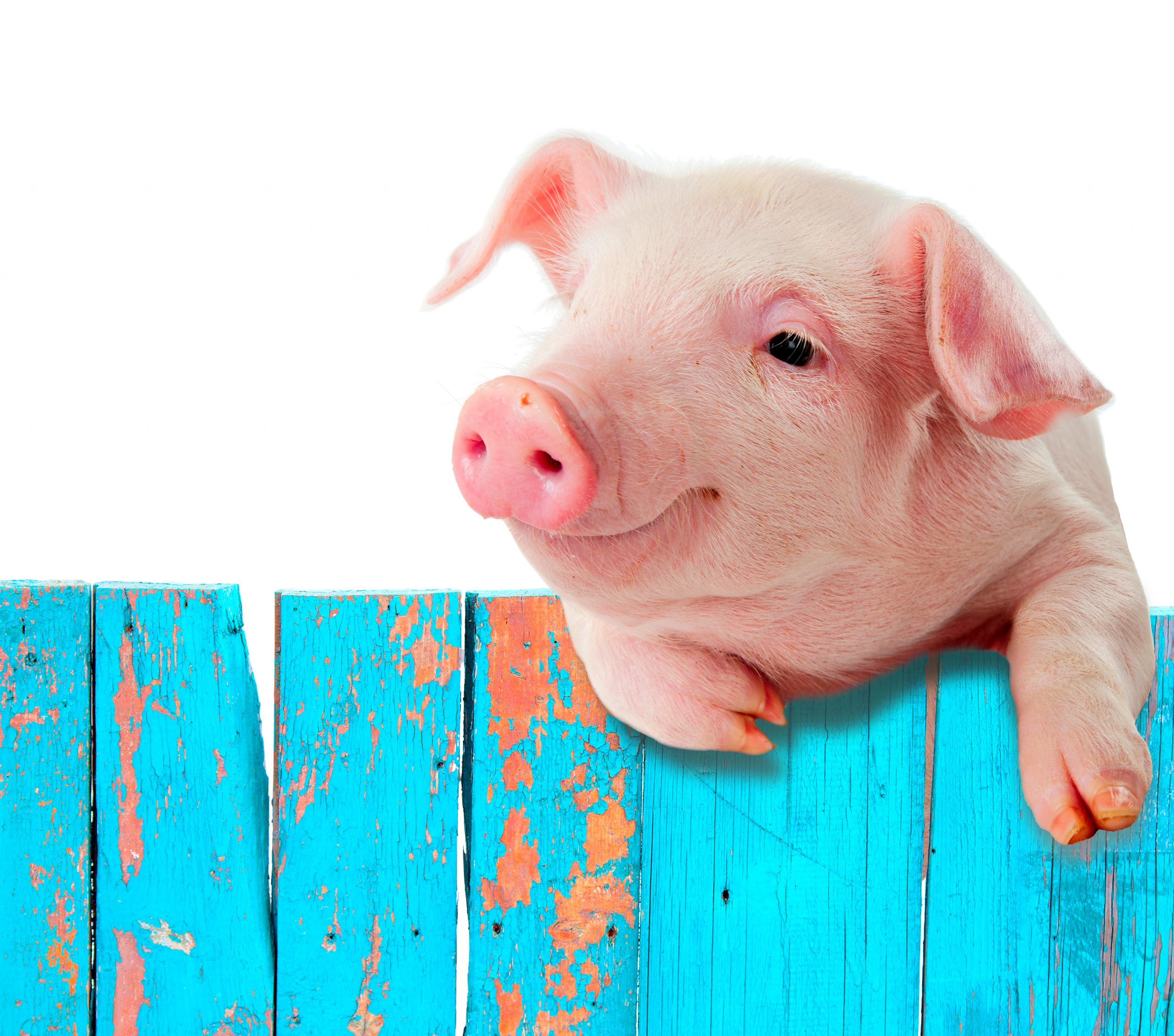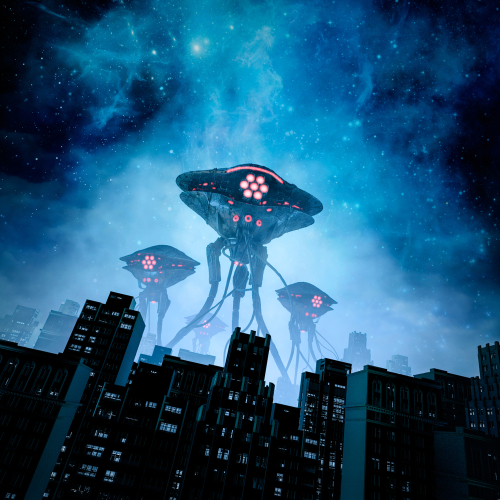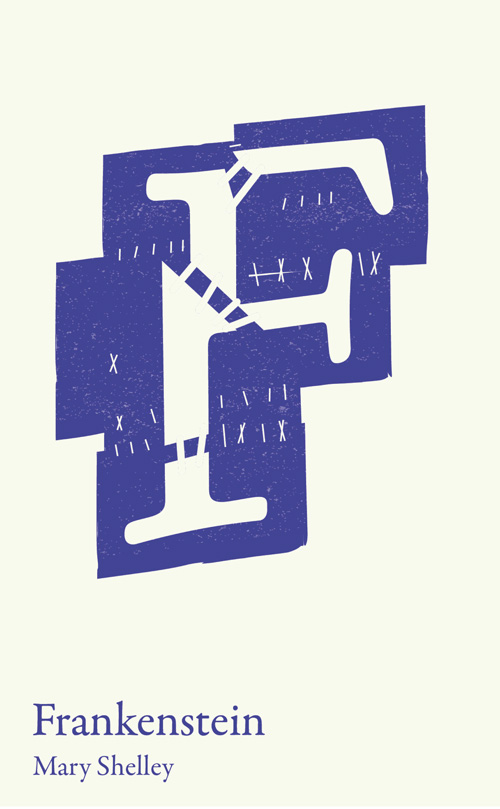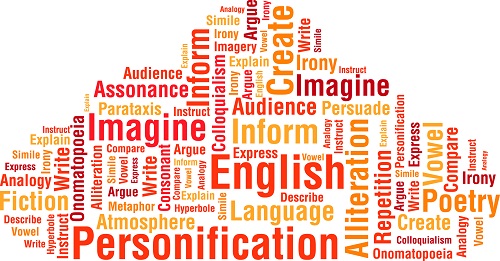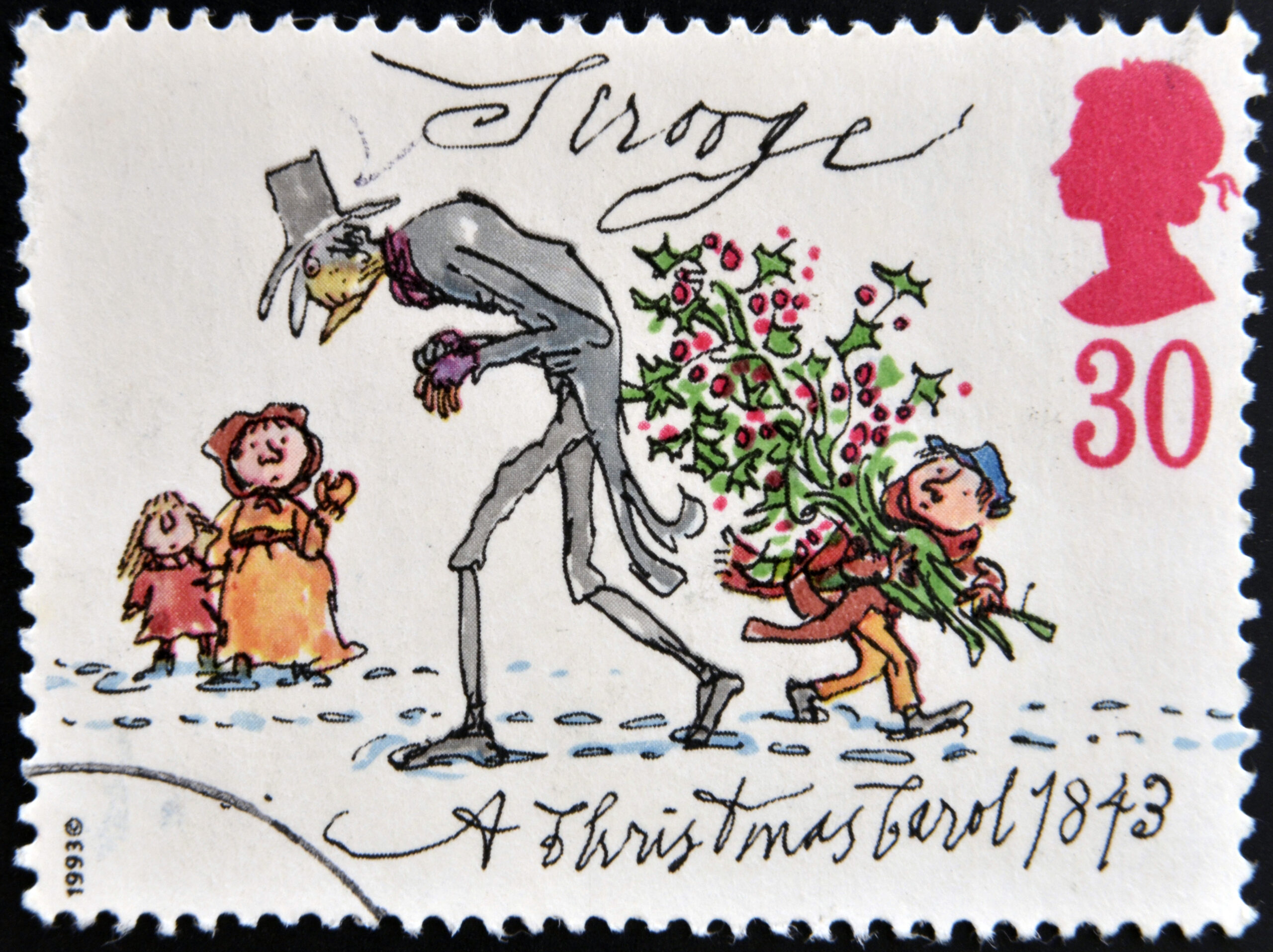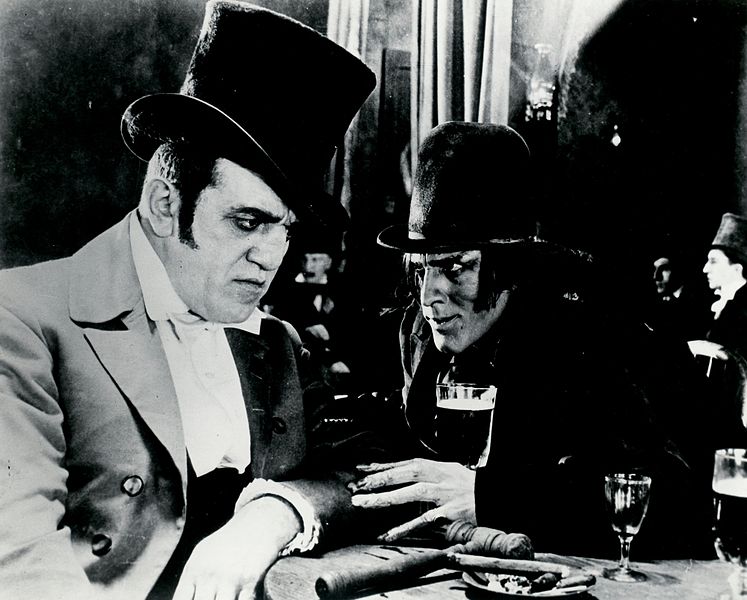The allegory of Animal Farm draws students in, like a puzzle to be ‘solved’: who are Mr Jones, Squealer and Moses ‘really’; what is the Windmill? Understanding the historical context for Orwell’s writing provides a satisfying ‘solution’ for students, but it can sometimes overshadow engagement with the text as fiction. The characters aren’t just metaphors, they are ‘real’ within the story; the novel is carefully structured by Orwell, its themes stretching beyond its immediate context and Orwell’s original intentions.
Here are three key talking points to help students engage with Animal Farm’s story and themes, and three activities to help them see the text as a construction, open to conflicting interpretations.
3 discussion points with questions:
Orwell was a committed socialist. Animal Farm is a criticism of totalitarianism, not socialism, but it’s not always been read this way. Let students engage with controversy over its publication, as well as aspects of the text that leave us questioning.
1. Socialism
Orwell presents socialism as an ideal situation, where “everyone worked according to his capacity” (chapter 3), but it doesn’t last in Animal Farm. Ask your students:
What causes the animals to rebel? How do they achieve success? What goes wrong?
How does Orwell's metaphor make his meaning ambiguous e.g. with the animal 'types'?
'Animal Farm is doomed from the start': Is this a fair reading? Can animals/men maintain equal control in a democracy, or is it inevitable that some will rise and some sink?
2. Power and propaganda
Orwell maintained that the key passage in the novel was the creation of ‘special rations’ for the pigs, agreed by all of the pigs. Ask your students:
What allows the pigs to take control?
Does Orwell suggest power always corrupts? What kind of a leader is Napoleon? Would Snowball have been any different?
How is the idea of totalitarianism still relevant today?
3. Freedom of speech
Orwell struggled to find a publisher at a time when Stalin was an ally, and saw this as cowardly censorship, saying that “Liberty is the right to tell people what they do not want to hear.” Ask your students:
Squealer’s propaganda is clearly harmful, but is Benjamin’s silence also damaging?
How does Orwell emphasise the power of words?
Should we be able to say or write what we want? Are spoken words different to published ones? Should artists be political?
3 activities:
1. Understanding structure
Once students have read the text, get them to summarise key events in each chapter. They can then come up with a short title for each instead of the existing numbers. As well as being a good revision tool, this helps in understanding narrative arc, or patterns in the structure.
An additional aide is to sequence the titles in a storyboard, each illustrated with a key symbol e.g. Chapter 1 might become “Working Together”, “Beasts of England”, or simply “Comrades”, with an accompanying image of two animals singing together.
2. Understanding genre and setting
Get students to ‘redesign’ the allegorical framework of the novel by planning a retelling or a film remake of Animal Farm, but changing the setting. The story could take place in:
the Amazon jungle or African savannah
a typical secondary school (this might prove controversial…)
using popular toys (as in the film Toy Story)
Afterwards, ask the class how choice of setting introduces other meanings e.g. awareness of existing stereotypes, or conflicting interpretations. How does this relate to the setting of Animal Farm?
3. Reading through different eyes
Give students cards with roles or perspectives to adopt: this could be done in small groups (where students discuss their different ‘readings’ of the text) or as a whole-class, for instance, through hot-seating.
A good starting point is to use a range of characters from the text to explain their version of events: roles might include Jones, Squealer, Snowball, Benjamin, Clover, Boxer, Moses, etc.
This can then be expanded to encourage students to move beyond their own readings. Ideas for groupings might be:
Different interests: a primary-school student, an older student, a teacher, a parent, an artist/film-maker
Social roles: owner/employer, administrator, office worker, farm or factory worker, soldier, journalist
Critical perspectives: Marxist, feminist, New Historicist, psychoanalytical. (These perspectives would need scaffolding e.g. with key questions – a way of simplifying them might be to give students cards with a reading ‘focus’ e.g. political, social, historical, emotional.)
By Lucy Toop, a freelance writer and secondary English teacher in South London, and author of the introduction to the Collins Classroom Classics edition of Animal Farm.
Read More
